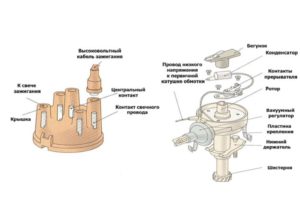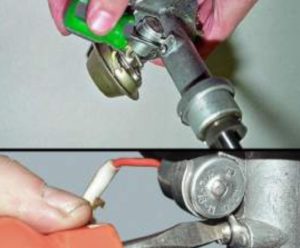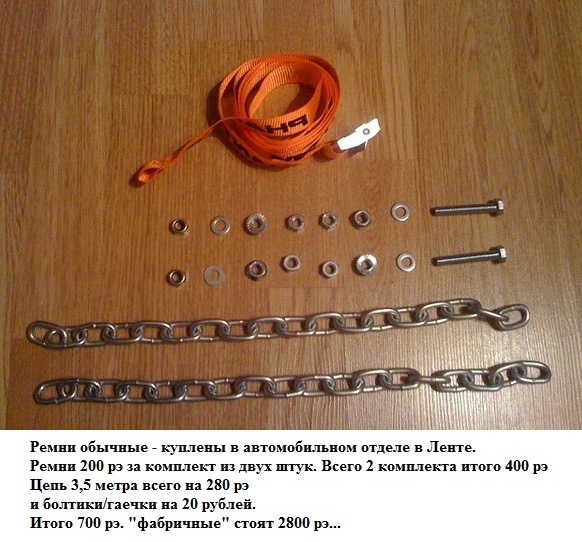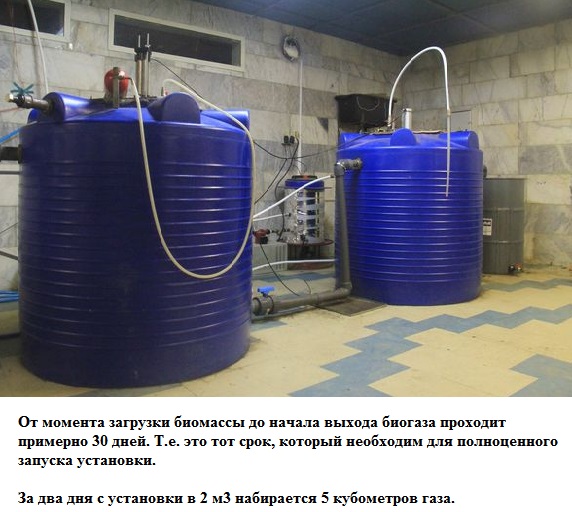An ignition system capacitor, also known as a condenser, is crucial for current delivery to the spark plugs. A functional capacitor stores and discharges electrical charge at the right moment, creating a spark that ignites the fuel in the engine’s cylinders.

How to Check the Car’s Ignition System Capacitor
If you suspect that the capacitor is faulty, follow these steps to check its condition:

- Disconnect the wires from the distributor and ignition to prevent the risk of electric shock.
- Use a multimeter set to the capacitor measurement mode. Verify the multimeter’s functionality by testing a capacitor with a known capacity.
- Remove the capacitor and connect one multimeter clip to the positive pole and the other to the negative.
- If the multimeter shows infinite capacity, the capacitor is not working and needs to be replaced. If the reading is close to the nominal capacity value, the capacitor is functional, and the issue may lie elsewhere in the ignition system.
https://youtu.be/OEvydfD372s
How to Check the Car’s Ignition Coil
The ignition coil in a car is responsible for converting low-voltage current from the battery into high-voltage current used for igniting fuel in the engine’s cylinders. A malfunctioning ignition coil can lead to misfires, reduced engine performance, power loss, and other issues.
Here’s how to test the car’s ignition coil:
- Disconnect the wires from the ignition coil, then remove the coil from the engine for testing.
- Use a multimeter to measure the coil’s resistance. Set the multimeter to resistance measurement mode (Ohmmeter) and connect the probes to the ignition coil terminals. The resistance of an ignition coil should typically be in the range of 0.5-5 Ohms, depending on the car’s make and model.
- If the multimeter shows significant resistance or infinity, the ignition coil is faulty and needs replacement.
- If the multimeter shows normal resistance, check the ignition coil for cracks, damage, corrosion, and other visible impairments. Replace the coil if any damages are found.
- If the ignition coil passes both tests, the problem may be in another part of the ignition system, such as the spark plugs, ignition wires, or crankshaft position sensor.
Remember, the capacitor in the distributor carries high voltage, so always follow safety precautions when working with it.






